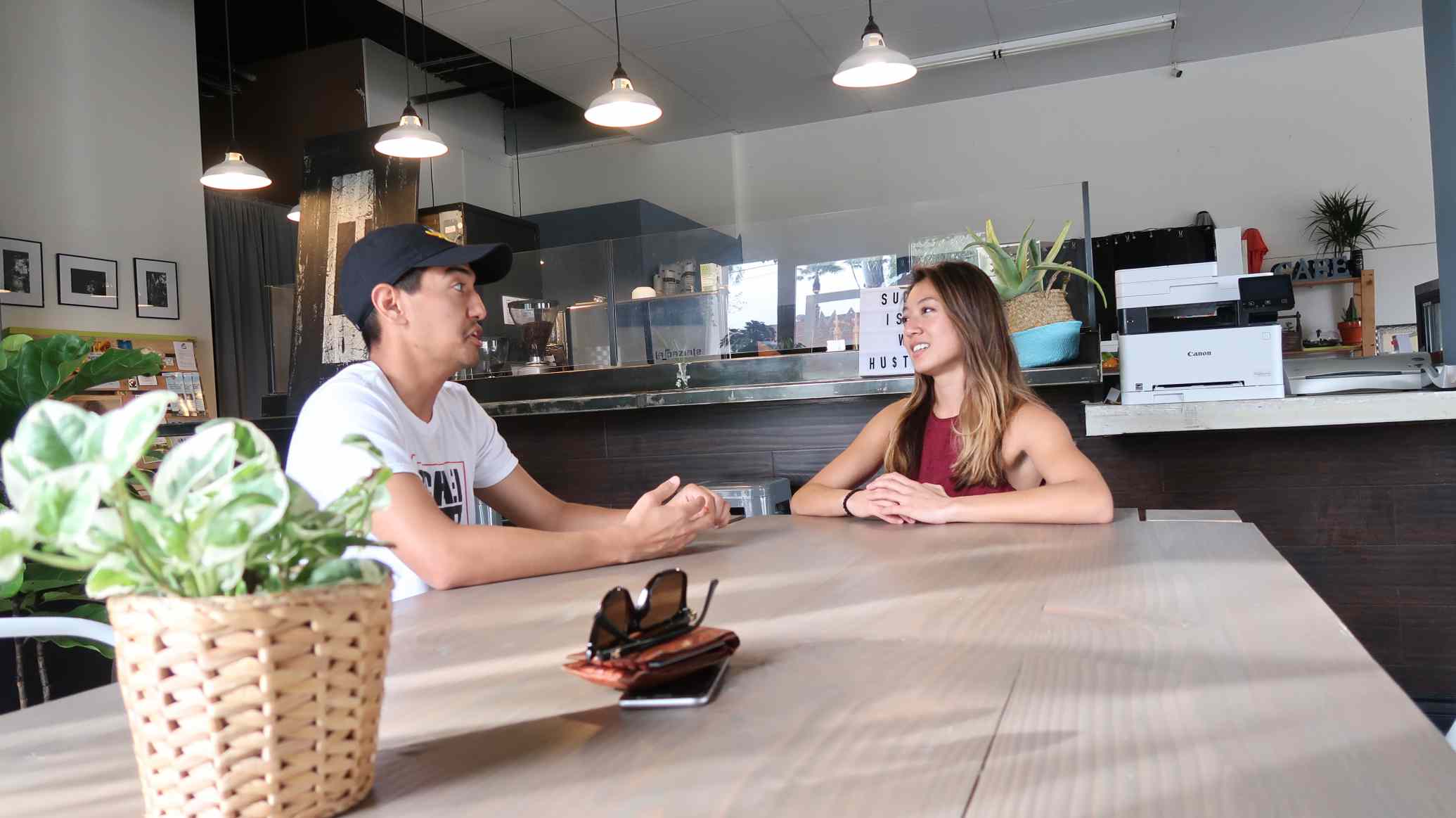The latest exclusive insider interview is the final installment of our 4-part in-depth interview series with Soka University admissions officer Aaron Perry. Last week, based on a reader suggestion, we profiled the surrounding campus area and offered readers a peek into what it’s like to be in Aliso Viejo. Catch up from last week.

This week, we delve deep into dealing with gaps in high school transcripts, the separate standards international students have to adhere to, the biggest surprises Soka applicants have about admissions, and Aaron’s take on the “secret back door” to getting into college. We finish off with this selective liberal arts college admissions officer’s very best piece of advice for our subscribers.

Exclusive Insider Interview: Admissions Officer, Soka University
SocratesPost: Some readers wrote in and asked how do colleges look at leaves of absences during high school? How should they approach that so they don’t jeopardize their chances of getting into their dream colleges?
Aaron at Soka: That’s becoming more and more common. I think we’ve seen more parents find alternative ways of education for their students. They are leaving their second, third year in and then coming back and graduating or leaving and then just getting their GED.
SocratesPost: It looks like they are leaving with the intention of going back to high school if they can. Maybe it’s a medical leave and they have to resolve some issues and then kind of go back.
Aaron at Soka: A student like that really isn’t too bad a shape at Soka, or at least in our process because we’re taking that time to go through it with the intent to finding every sort of nuance and detail to really point to the right student for us.
At a larger institution, that’s a tough thing to navigate. Really the personal statement would be a time to just put it all out there in a succinct way. Not just kind of a “woe is me,” but rather “look, here’s what happened. Here’s what I’ve learned. I have grown from it and here’s what I still plan to do regardless of my setbacks.” As long as you come out of it with more of a sense of not just pride but “I feel like I’m going to be an asset to your institution,” that’s super helpful.
I would never recommend using it as an excuse to bring to committees. Definitely grow from it. And if you’re flat out bed-ridden for a year, that’s just tough. Someone’s going to have to see that and hopefully there’s enough humanism within them to take that at face value and bring that into consideration. If you had to leave school for mental health cases or issues and you haven’t been able to study per se, but you volunteered your time to a worthy cause or helped counsel other youth going through something similar, that’s valuable. At least for us, and for me personally, as long as you’re not just spinning our wheels and taking your time to reflect, that’s helpful.
SocratesPost: Do you have a separate set of standards that you put upon international students?
Aaron at Soka: They have separate requirements. The biggest thing is going to be language. Some international students are fortunate to attend U.S. accredited schools where they’re getting 50% or more of their instruction in English. Other students have taken it upon themselves to learn English and will come across the world to then study. So there is a slight difference in what we hold our international students to when looking to admit them, but it’s not substantial. It’s pretty minute.
SocratesPost: Would you say that for an international student who has pretty much the same qualifications as a domestic student – their language skills are good, they’ve got the grades and everything else – is there a preference for domestic students?
Aaron at Soka: No. We’re still split 60/40, 60% domestic, 40% international.
SocratesPost: That’s a high number of international students, actually.
Aaron at Soka: Yeah. But there’s no preference for domestic or for international. A lot of other colleges want international because they’re more often than not full pay students. We don’t take any of that into account. We are admitting the student first and then working through finances once we’ve already let them know that we want them. So that’s never coming into question for us and there isn’t much of a preference at all. We’re always wanting to see diversity, in every aspect. And that could be through where you come from. It could be through interests. We’ve got international applicants that are super tech-oriented. We’re a liberal arts college; I don’t have coding. You’re not going to write Python or any of that stuff. So in that case, you’ve got two of the same students more or less, but one just makes more sense.
SocratesPost: If I were an applicant, what would I be most surprised to learn about how the Soka admissions works?
SocratesPost: When you have 450 undergrads, everybody knows each other.
SocratesPost: People think that there is a secret back door to getting into college. So what are the secrets?
SocratesPost: In some schools, if you’re a celebrity’s, president’s, or a donor’s kid —
SocratesPost: What is your best piece of advice for someone trying to get into Soka?
Stay tuned for a brand new exclusive insider interview with a new admissions officer next week!
